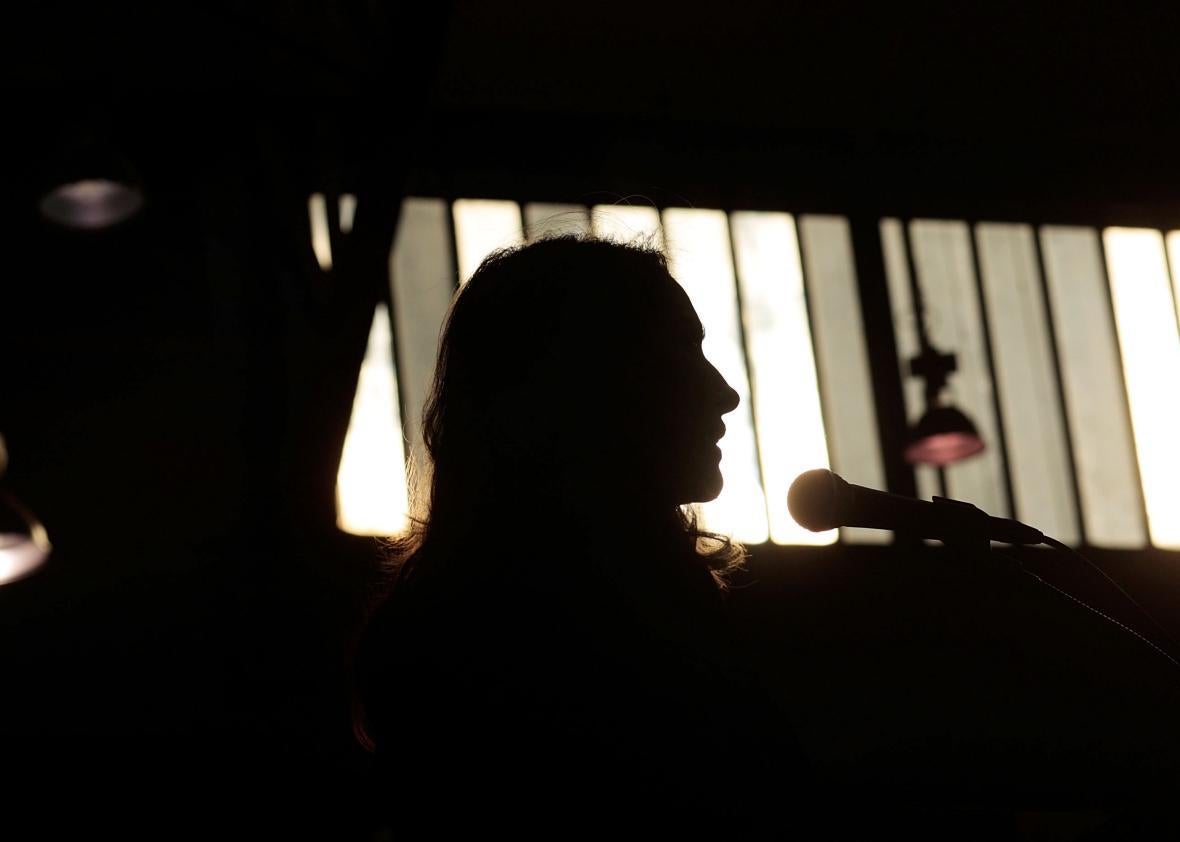Eva Moskowitz, CEO of the Success Academy Charter Schools, is such a towering figure on the New York City education landscape that her decision not to run for mayor last week was a major news story. Success Academy—founded in 2006 and now the largest charter network in New York City, with 34 schools—has long employed controversial tactics, even by “no excuses” charter-school standards: publicly shaming the lowest-performing kids, strenuously enforcing its strict six-page code of conduct, and, last but not least, suspending kids, a lot of them, as early as kindergarten.
The suspension approach, the subject of an in-depth report this week by PBS’s John Merrow, is receiving more attention at a time when school districts nationwide, like those in Seattle and California, are trying to heed President Obama’s call to cut back on out-of-school suspensions, which tend to punish an overwhelmingly minority population and which are associated with higher dropout rates and greater likelihood of a criminal record later in life.
Success Academy has gone the opposite direction, suspending kids early and often. “If you get it right in the early years,” Moskowitz said in the NewsHour report, “you actually have to suspend far less when the kids are older, because they understand what is expected of them.” In one Success Academy, Merrow found that the school had doled out 44 suspensions to its 203 kindergartners and first graders.*
The total number of suspensions in this age group at P.S. 138, the district school that shares its building with this Success Academy? Zero. That’s because in New York City, traditional public schools need district approval to suspend kindergartners through third graders.
Charter schools are often accused of weeding out the problem kids through various tactics, dumping them on the traditional public schools that have no choice but to take them. Could that be at least partially what’s at play with all these suspensions?
Many Moskowitz critics claim that these recurring suspensions might be at least one factor in the charter network’s much-touted test scores: Last year, 93 percent of Success Academy students passed the state math test, as opposed to 35 percent of students at district-run schools. So perhaps Success is just doing a better job of educating kids—or perhaps, as this story not all that subtly suggests, they’re just shutting out the kids who were never going to perform as well. If you suspend a kid often enough—the 44 kindergarten- and first-grade suspensions at the school Merrow visited went to just 11 kids—his parents might eventually withdraw him from the school. Success Academy has no trouble filling the spots: Their acceptance rate is roughly the same as Dartmouth’s, with only 1 in 10 kids granted admission through lottery.
Moskowitz called the accusations that her schools use suspensions to boost test scores “crazy talk,” and she also disputes any link between suspensions and Success’ attrition rate, which is twice as high as that at KIPP, the original no-excuses charter. According to Moskowitz, “suspending kids doesn’t lead to high attrition rate. That is what the data shows.”
But if you worked full time and your kid got sent home every couple of weeks, what would you do—keep taking sick days, or transfer him to a school that’s obliged to keep him in the building for the day? I know what my choice-that-isn’t-a-choice would be.
*Correction, Oct. 13, 2015: This post originally misstated the distribution of suspensions. Forty-four suspensions were issued, but to a total of only 11 students.
